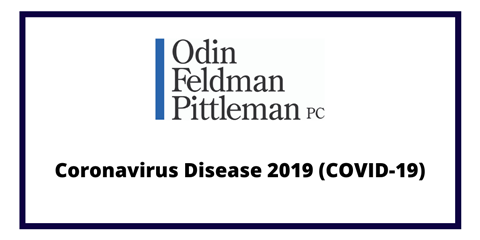 Currently there is a lot of focus on the Mega Millions that has a jackpot of $1.6 billion (and climbing) and many discussions are being had detailing what one would do if they won. Imagine the possibilities! Some of the considerations include making gifts and loans to friends and family members.
Currently there is a lot of focus on the Mega Millions that has a jackpot of $1.6 billion (and climbing) and many discussions are being had detailing what one would do if they won. Imagine the possibilities! Some of the considerations include making gifts and loans to friends and family members.
Although chances of winning are 1 in 302.5 million, if you do win and you are in a position to consider making gifts or loans to friends and family members, there are a few key points to remember to minimize any gift tax consequences. As highlighted in an earlier article, we each have the ability to gift during our lifetimes without incurring gift tax. The current exemption is $11.18 million per person above which a 40% flat tax is imposed. In order to utilize that exemption, a gift tax return is required.
Furthermore, each of us has the ability to gift up to $15,000 per person to an unlimited number of people each year. If you are married, a married couple can gift up to $30,000 per person each year. These annual gifts do not count against the lifetime exemption, and are therefore a separate method in which gifting can be made.
IRS regulations also permit you to pay the tuition expenses for a full-time or part-time student directly to the “qualifying educational organization” without having to claim an exemption from gift tax or incurring gift tax. Tuition expenses do not include books, supplies, dorm fees, board or other such expenses that are not direct tuition expenses.
In addition, you can pay for “qualifying medical expenses” that include expenses for diagnosis, cure, treatment, prevention as well as amounts paid for medical insurance. This exemption does not include any expenses that were reimbursed ultimately by medical insurance. Again, such expenses can be paid directly and you would not have to claim your lifetime exemption or incur gift tax.
And what about making loans to friends and family? Be sure that any loan you make is not deemed to be a gift. That is, the loan should impose interest at current fair market values. Applicable Federal Rates (AFR) for October range from 2.55% for short term loans (up to 3 years) to 2.99% for long term loans (over 9 years). Loans can be structured in myriad different ways.
Also, don’t forget about cash gifts to charity. The charitable deduction on your income tax returns was increased under last year’s tax reform act to 60% of your adjusted gross income for 2018, up from 50% of your AGI. The charities of your choice would also help facilitate a lifetime gift and/or planned gift depending your wishes.
So, while you are thinking about what you would do if you won a million dollars or more in the lottery, be sure to keep in mind a few gift or loan options that are available to you and good luck! #megamillions #winningthelottery #lottery #gifttax #estateplanning #taxplanning #planyourjourney











 Currently there is a lot of focus on the
Currently there is a lot of focus on the